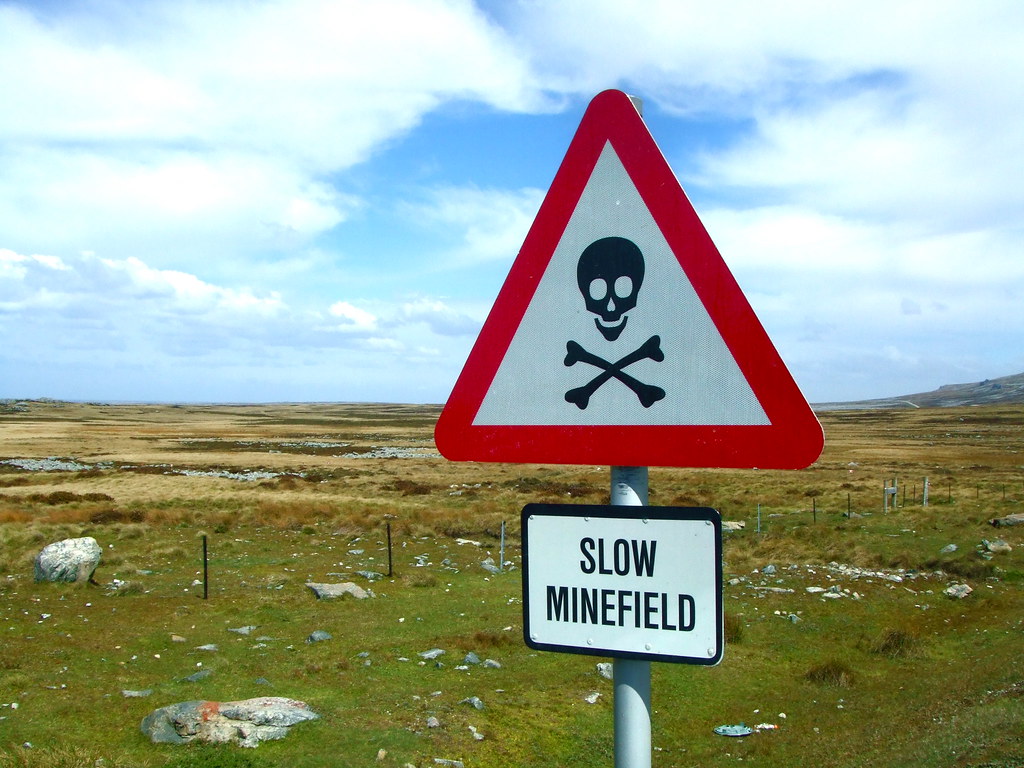
Witnesses will often be required to provide statements about relevant facts in advance of litigious proceedings. Importantly, there are certain requirements surrounding how these statements are to be prepared, what form they must take, and what they can contain. This series will look at the basics of witness statements, as well as certain specific requirements associated with lay and expert statements. The first article in this series will cover the basics of witness statements, including what they are, what form they should take, and key things to consider.
What is a Witness Statement?
A witness statement, at its most basic level, is a formal written statement that sets out the evidence of a witness.
Witness statements are not always required, but it is increasingly common that parties will agree to exchange witness statements in advance of trial. The timing around the delivery of such information can be directed by court order, or alternatively agreed by the parties.
Statements of Evidence in Chief have become increasingly common to assist with the efficiency of court proceedings. Furthermore, this process can ensure oral evidence in chief does not result in scrutiny of a witness’s recollection ability, and instead focuses on the actual events that occurred or the issues in dispute between the parties.
Affidavits, Statutory Declarations, and Witness Statements
Affidavits, Statutory Declarations, and Witness Statements can commonly be conflated and confused, given while each may serve to achieve a similar purpose, the serve different functions. When preparing for a matter, it is important to understand the difference between these documents, and how they function practically.
A Statutory Declaration sets out facts that a declarant (i.e. the person making the Statutory Declaration) conscientiously believes to be true. This document is affirmed (i.e. declared) in the presence of a person authorised by law to witness the making of a Statutory Declaration, typically a lawyer. Statutory Declarations are often used if confirmation of a given set of facts is required, such as if under a construction contract, a contractor must confirm when making a payment claim that all subcontractors have been paid.
An Affidavit is similar to a Statutory Declaration, in that it sets out the facts that a declarant believes to be true. However, an Affidavit is different because it is sworn by the declarant before a person authorised by law to administer such. Because an Affidavit is sworn, instead of simply being affirmed, it is typically utilised for court proceedings where certain facts are to be put before the court. Therefore, when dealing specifically with court matters, Affidavits are ordinarily utilised instead of Statutory Declarations.
Importantly, the form which Statutory Declarations and Affidavits are to take, how they should be administered, and requirements around what they must contain, are prescribed by law. Hence, when preparing a Statutory Declaration or Affidavit, it is not just important that the correct option is selected, but that the form and legislative requirements are similarly complied with.
A Witness Statement is different to a Statutory Declaration and Affidavit, because it is merely a statement of facts signed by a person that sets out relevant facts. Witness Statements do not need to comply with specific legislative requirements, and instead function as a tool that assists the parties to exchange relevant facts they intend to rely upon, and the testimony that a witness can give. A Witness Statement should be signed by the relevant witness, though there are no requirements around witnesses, or the need to affirm or swear the contents of the document. Where Statements of Evidence in Chief is to occur, a witness will typically be presented their Witness Statement once they are under oath, and be asked to swear to the contents of their Witness Statement.
General Rules to Witness Statements
The “author” of the Witness Statement is the witness, and hence even if a lawyer is responsible for preparing the given statement, the document (and its content) is that of the witness. This means that, amongst other things, the Witness Statement should not use legal terminology, and instead provide a first-person account in the language that a witness would use. Lawyers should remember the Witness Statement is intended to function as the evidence that the witness would otherwise have given as Evidence in Chief, and the Witness Statement should reflect such.
Lawyers should further remember that there are important rules and requirements that should be followed to ensure the maintained integrity of each witness’s evidence. These include the following:
1. evidence should not be suggested to a witness;
2. conferring with more than one lay witness at a time should not occur when discussing any contentious issues that may be relevant to evidence to be given by any of the witnesses present; and
3. a witness should not be shown or provided the Witness Statement of any other witness.
By complying with the above steps, lawyers can ensure they comply with their ethical responsibilities, as well as preserve the integrity of the evidence to be adduced by each witness.
Lamont Project and Construction Lawyers
Lamont Project and Construction Lawyers have extensive experience preparing and conferencing with witnesses, and can assist parties in any stage of a dispute.
By working proactively, Lamont Project and Construction Lawyers can ensure witness conferencing occurs in advance of key litigious milestones, and that internal timeframes are established with lead to the greatest chances for success.
The content of this article is for information purposes only and it does not discuss every important topic or matter of law, and it is not to be relied upon as legal advice. Specialist advice should be sought regarding your specific circumstances.
Contact: Peter Lamont or Ryan Bryett
Email: [email protected] or [email protected]
Phone: (07) 3248 8500
Address: Suite 1, Level 1, 349 Coronation Drive, Milton Qld 4064
Postal Address: PO Box 1133, Milton Qld 4064
